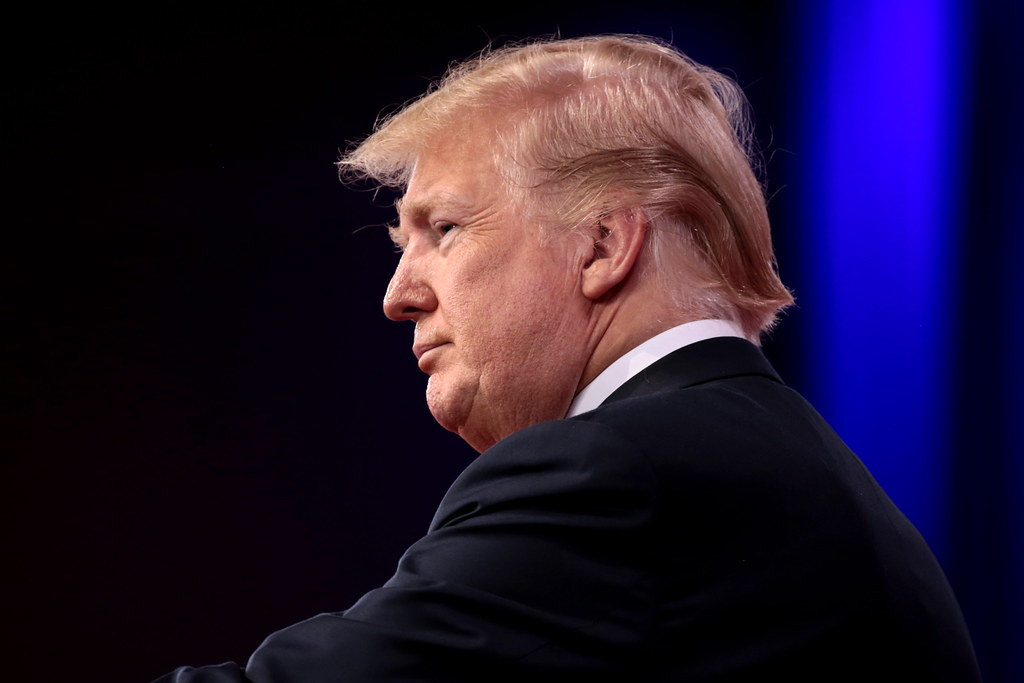
President Donald Trump recently invoked the Alien Enemies Act of 1798 to deport Venezuelan migrants, stirring controversy and legal challenges. The act designated the Venezuelan gang Tren de Aragua as a Foreign Terrorist Organization. As a direct consequence of this decision, the signing of an Executive Order came to pass. Although the proclamation appeared in the Federal Register with Trump’s signature, he has publicly claimed ignorance of the document’s signing.
Trump stated, “I don’t know when it was signed, because I didn’t sign it.” And many have weighed in to debunk this claim. The White House sought to explain Trump’s comments, telling reporters that he was not indicating whether he signed the plan last week. The President went on to say that “other folks took care of it,” as he praised Secretary of State Marco Rubio as a key player. Rubio was said to have insisted on an uncompromising focus on removing undocumented migrants from the country. The White House undermined these assertions.
Legal Challenge and Judge Boasberg’s Questions on the Proclamation
During court proceedings, Judge James Boasberg raised issues about the timing and nature of the signing of the proclamation. Political appointee Boasberg stressed the haste with which migrants were shuttled onto planes, raising the specter of an utterly lacking procedural integrity. He stated a need “to know why the proclamation was signed in the dark, his words, and why people were rushed onto planes.” As a result, Boasberg granted a preliminary injunction on the use of the Alien Enemies Act for deportation purposes.
Indeed, at every turn on this case, the administration has claimed that Boasberg went too far by stopping the removals. The Justice Department maintained that Trump’s invocation of the act is beyond federal court review, emphasizing its stance on executive power. Yet, in an otherwise favorable ruling for the plaintiffs, Boasberg criticized the government’s choice of language in court filings as “intemperate and disrespectful.”
Anyway, despite the legal foreshadowing, what is key here is that White House communications director Steven Cheung tried to walk back Trump’s remarks. Cheung stated, “President Trump was obviously referring to the original Alien Enemies Act that was signed back in 1798.” Still, this clarification did nothing to depreciate the fiery climate surrounding the act’s recent deployment.
Author’s Opinion
The controversy surrounding Trump’s invocation of the Alien Enemies Act raises serious concerns about the transparency and fairness of the deportation process. The lack of clarity surrounding the signing of the proclamation, combined with the rushed removals, calls into question the integrity of the process. Legal and procedural safeguards must be prioritized to ensure that actions like these are conducted within the bounds of the law, and with full accountability.
Featured image credit: Gage Skidmore via Flickr
Follow us for more breaking news on DMR
